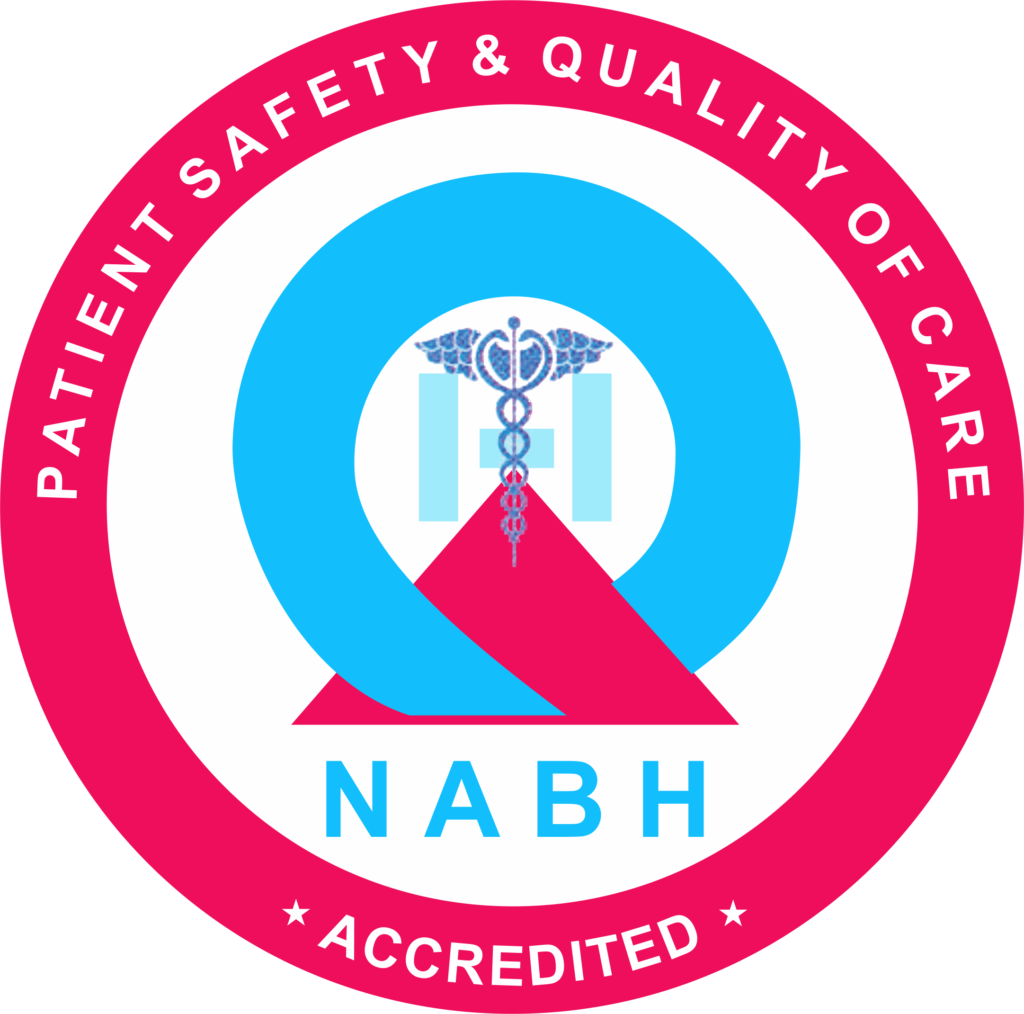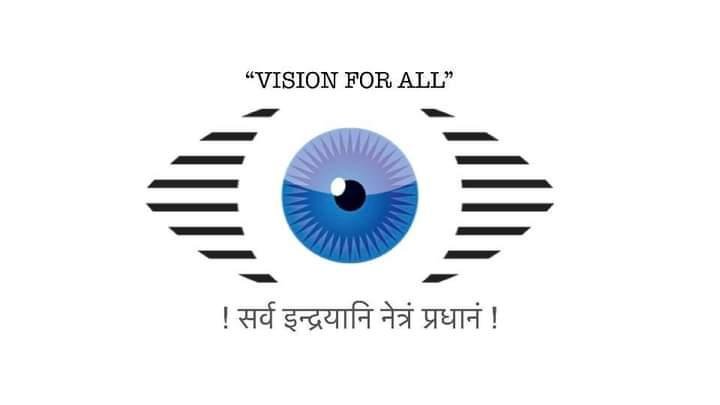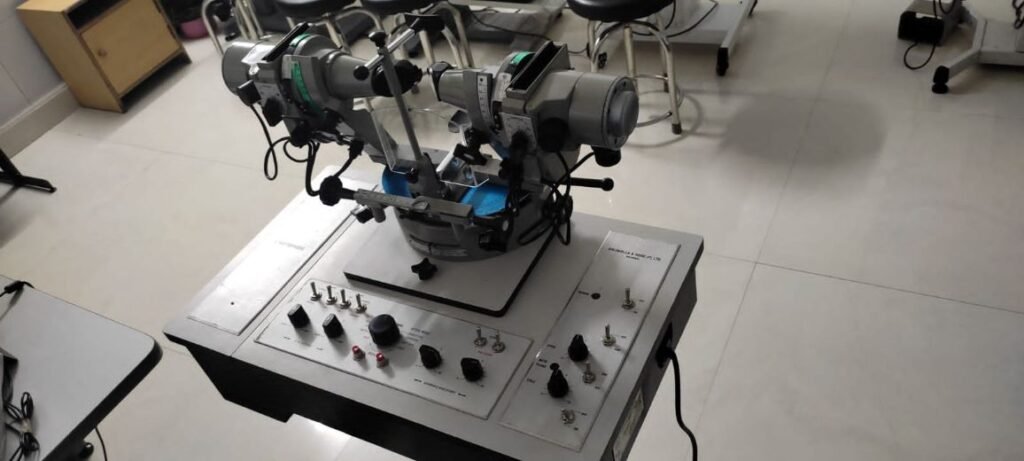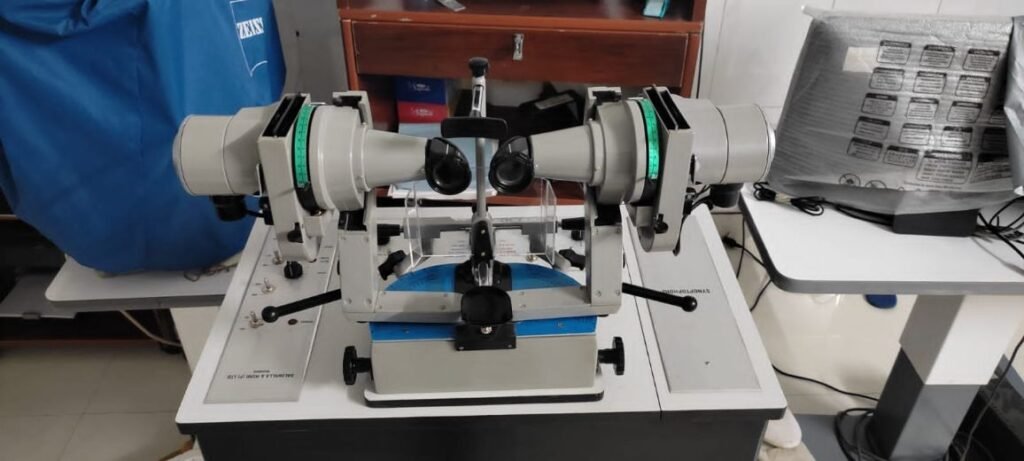Binocular Vision and Orthoptic
Best eye hospital in India for Binocular vision and orthoptic treatment without any difficulty at Dhir hospitals in Bhiwani, Haryana.
- Home
- Service
- Binocular Vision and Orthoptic
Overview
Our eyes team up to create a single clear image, but sometimes, there can be issues known as binocular vision dysfunction. This means the eyes may not work together smoothly. To address this, specialized examinations, including orthoptic and vision therapy, assess if the eyes are aligned and functioning correctly. Binocular vision dysfunction treatment aims to improve eye coordination, often addressing problems like binocular double vision. This involves a comprehensive approach, considering the eye lens, muscle movements, and the integration of signals in the brain to achieve a precise and single vision.
What can go wrong with binocular vision?
Sometimes, our two eyes don’t work together smoothly for various reasons. One common issue is having different strengths in each eye or an imbalance in the eye muscles. These factors can disrupt the coordination between our eyes and affect how well we see things. Binocular vision therapy and specialized glasses can be beneficial for addressing issues when our two eyes don’t cooperate seamlessly.
Why does binocular vision get hampered/ disturbed?
Our eyes might not work well together for several reasons, and researchers are still figuring out the exact causes. Some people may feel the extra strain on their eyes, especially when using computers or reading if their eyes aren’t working in harmony.
How can binocular vision be fixed or made optimum?
To help with eye strain, different therapies and exercises can be recommended based on why the strain is happening. These methods aim to make both eyes work together better for a clear and single vision. Binocular glasses can also be suggested, especially those designed for low vision or conditions like macular degeneration. These glasses might include special prescriptions, like prisms, to improve vision coordination.
Who should visit the Binocular Vision and Orthoptics clinic?
If someone has headaches, feels uneasy during activities involving vision, gets tired or sleepy while reading, or occasionally sees double or blurry, they might need a unique eye checkup, including binocular vision therapy. This therapy benefits kids or adults with lazy eyes (amblyopia) to help both eyes work together more effectively.
How much time would it take for evaluation?
A thorough binocular vision check can last 1.5 to 2 hours, sometimes even longer if adapting to prisms or lenses is needed. The visit usually takes about an hour for those doing vision therapy exercises.
Our Related Services
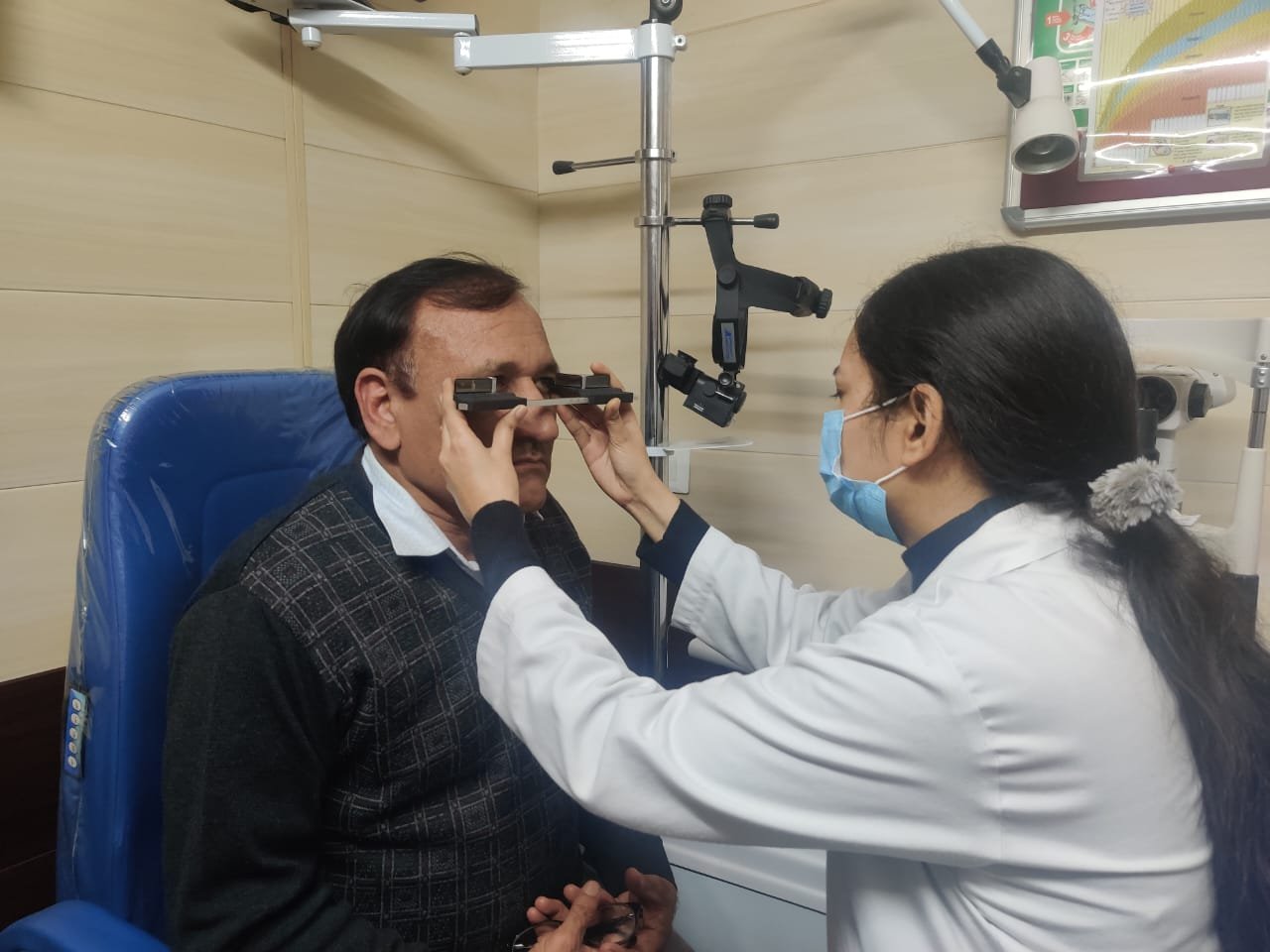
Ophthalmic Plastic and Facial Aesthetic Surgery
Searching for the best oculoplastic surgeon In Bhiwani, Haryana? Contact Dhir Hospital to get treated by the best eye specialists for eyelid surgery in Bhiwani, Haryana..
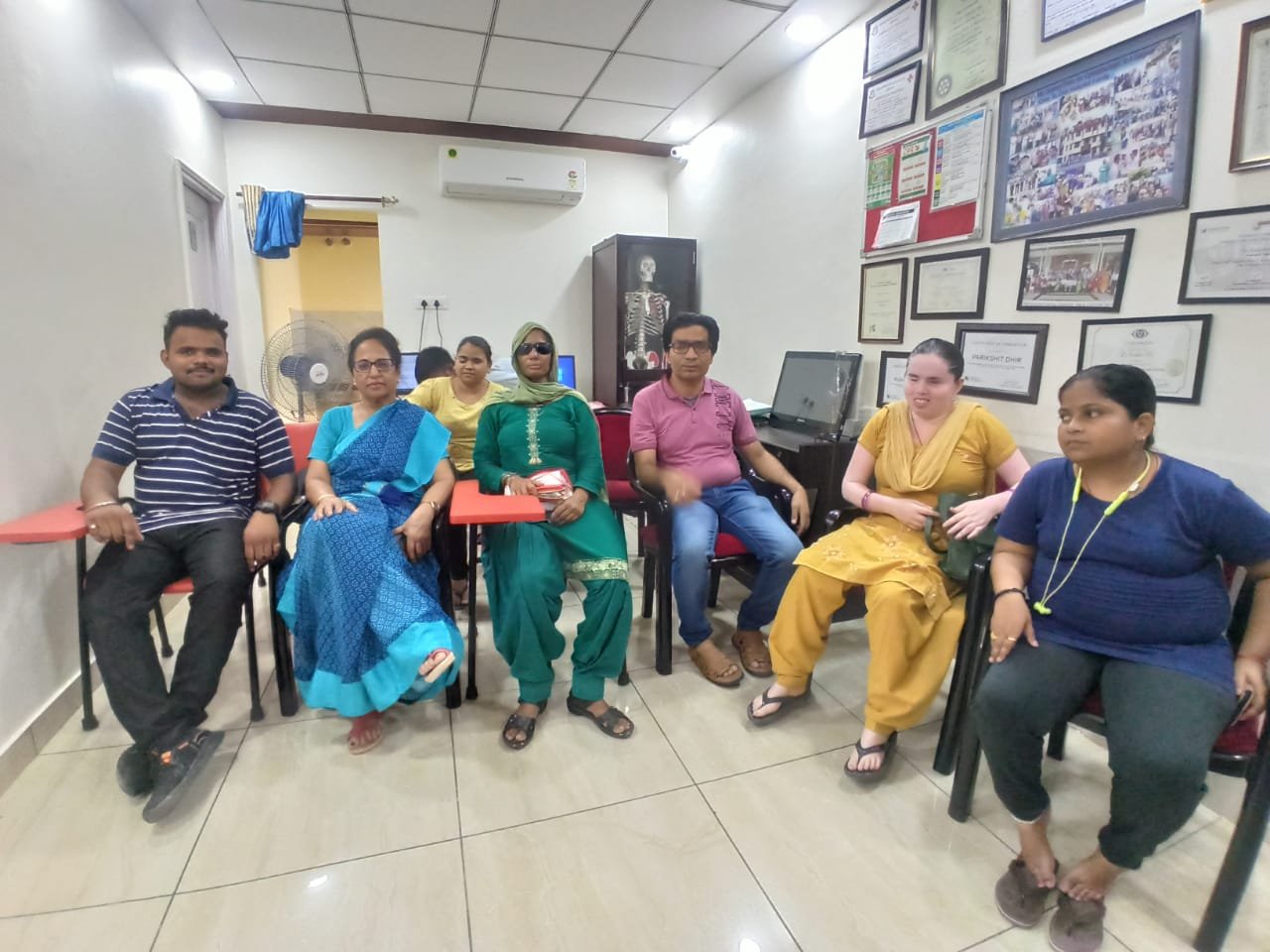
Vision Enhancement and Rehabilitation
Visit the leading vision therapy and rehabilitation centre in Bhiwani, Haryana. Our optometrists provide the best services to enhance visual abilities.
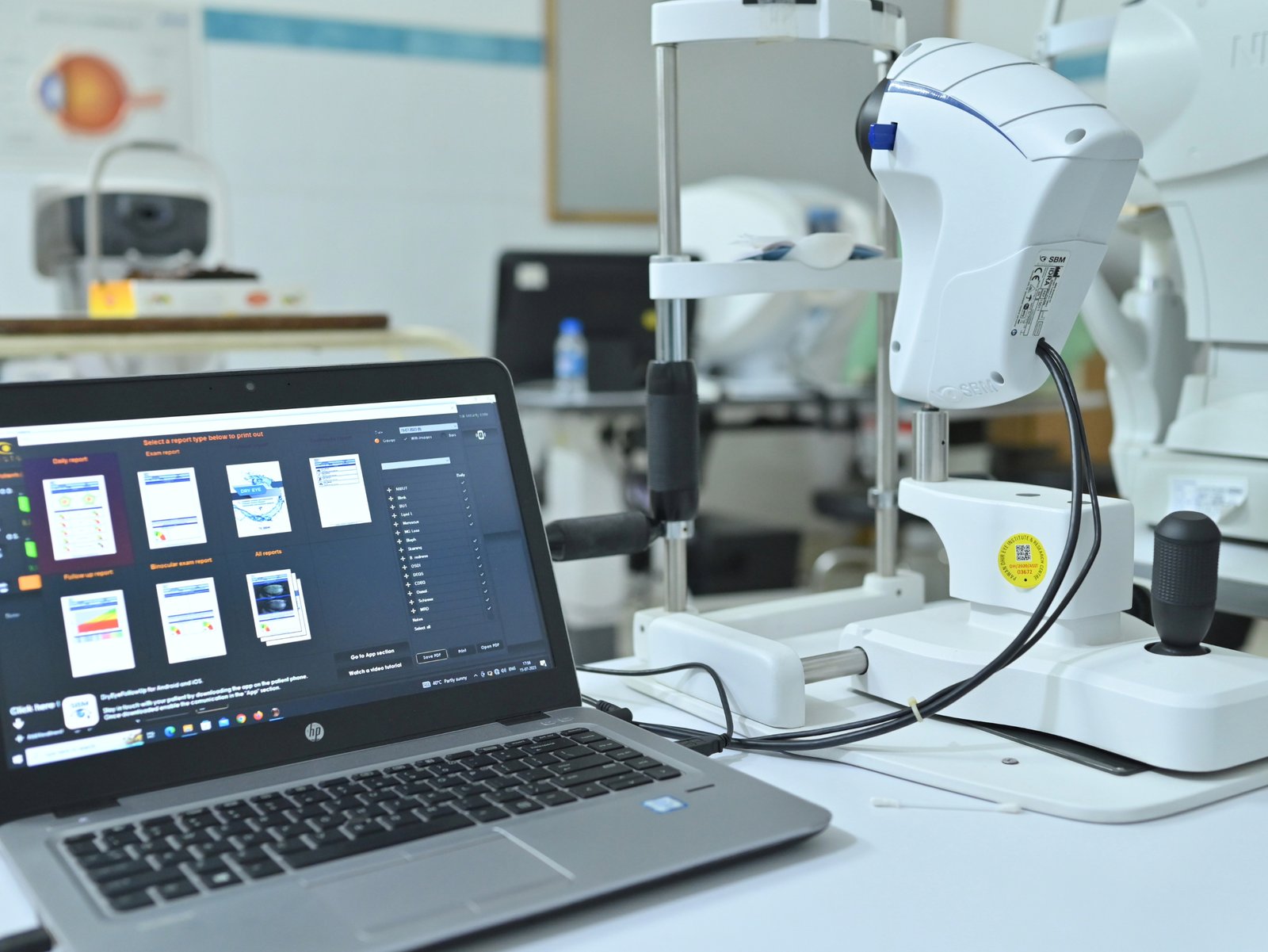
Dry Eye
Visit the leading vision therapy and rehabilitation centre in Bhiwani, Haryana. Our optometrists provide the best services to enhance visual abilities.
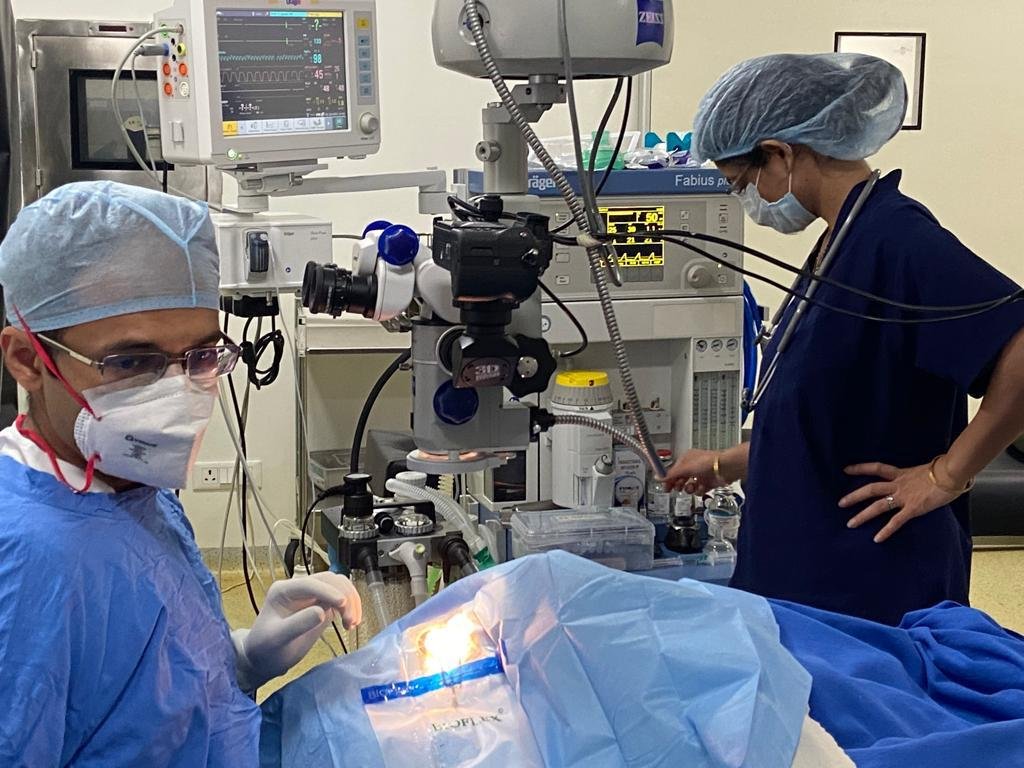
Modular OT & Anaesthesia Facility
Experience Latest modular OT and anesthesia facilities at Dhir Hospital. Our advanced infrastructure ensures a safe and efficient surgical environment.
FAQ
Frequently Ask Questions.
Binocular vision refers to the ability to use both eyes together as a team to create a single, three-dimensional image. It allows for depth perception and a clearer, more detailed visual experience.
Binocular vision is essential for several reasons. It enables accurate depth perception, which is crucial for tasks such as judging distances and navigating the environment. It also provides better visual clarity and enhances visual comfort.
Signs of binocular vision problems may include eye strain, double vision, frequent headaches, difficulty concentrating, poor depth perception, and problems with reading or other near tasks. Squinting or closing one eye to see better may also indicate a potential issue.
